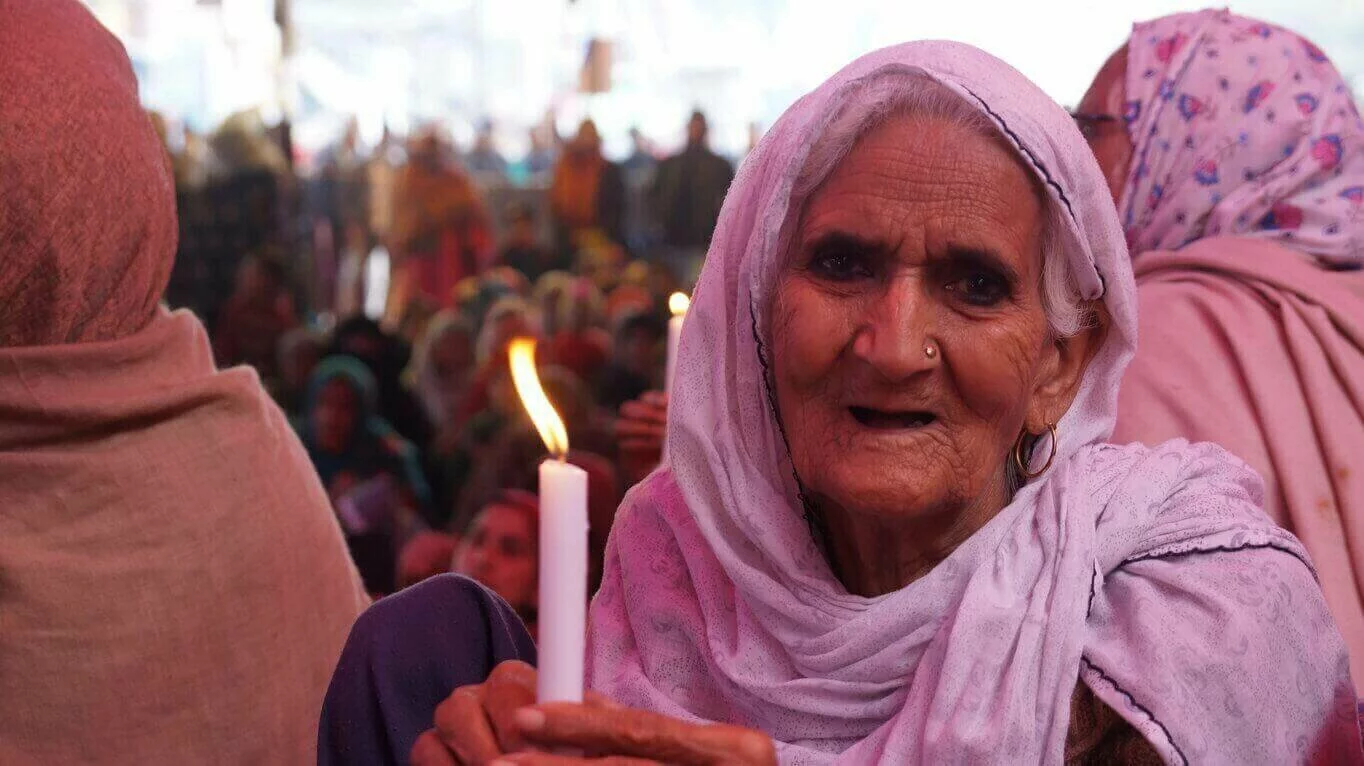SC Rejects CAA Protest Petition, Says ‘Right To Protest Cannot Be Anywhere Anytime’
SC Rejects CAA Protest Petition, Says ‘Right To Protest Cannot Be Anywhere Anytime’
T
he Supreme Court on Friday dismissed a review petition on the anti-citizenship law protests held in Shaheen Bagh, Delhi in 2019. The Supreme Court in its order said that the right to protest and express dissent comes with duties and cannot be held “anywhere and every time.” The SC last year ruled out that terming the anti citizenship law protest held at Shaheen Bagh as illegal and 12 activist have filed a review petition on this ruling. A bench of three judges of Justice SK Kaul, Aniruddha Bose and Krishna Murari while dismissing the review petition said “The right to protest cannot be anytime and everywhere. There may be some spontaneous protest but in case of some prolonged dissent or protest, there cannot be continued occupation of public places affecting the rights of others.” The review petition was decided on February 9 but the order was declared last night.
In its October 2020 verdict the top court observed that “dissent and democracy go hand in hand” and it stressed that “protest like these are not acceptable.” In 2019 Shaheen Bagh in Delhi became the epicenter of the anti CAA protest where the protestors mostly women and children sat for over three months and this protest received worldwide attention and the Time Magazine had honored the 82 year old Bilkis dadi who was the face of the movement as 100 most influential people of 2020.
Before the global pandemic forced the majority of the population to stay indoors and the government announced one of the strictest lockdowns in March last year, the nation was swept by massive protests against the CAA. The government says that the citizenship law will grant citizenship to the non-Muslims from Pakistan, Afghanistan and Bangladesh if they have escaped religious persecution and have entered India before 2015. The critics on the other hand say that the contentious citizenship law is ‘anti-Muslim.’




.jpg)


